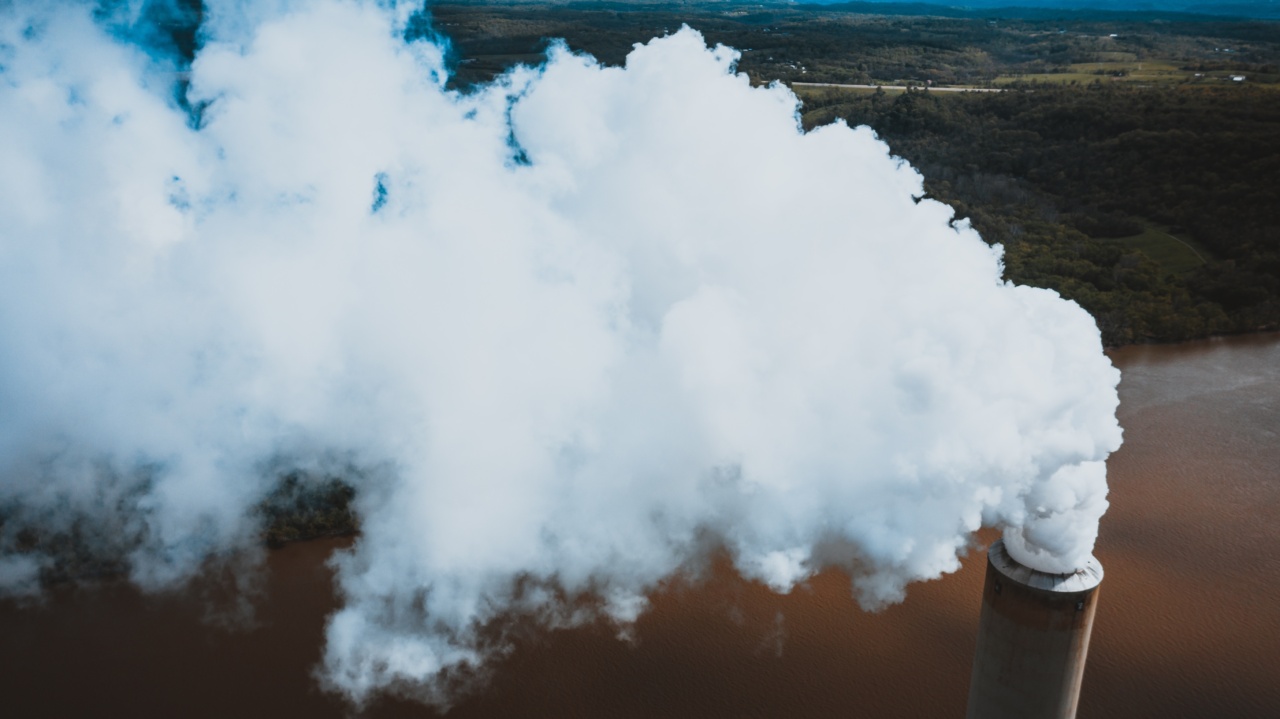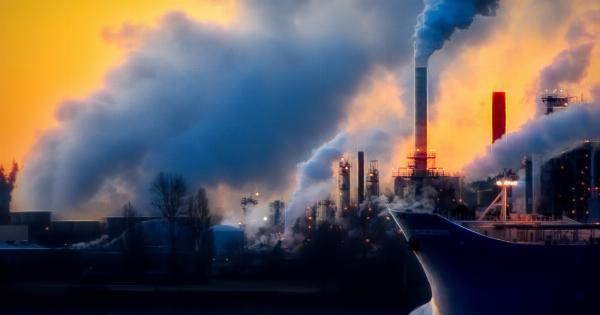Polluted air is hazardous to human health and can cause serious respiratory and heart ailments. Air pollution is one of the major environmental issues and it is important that we take necessary precautions to protect ourselves from it.
The primary sources of air pollution are transportation, industries, and power generation. In this article, we will discuss some of the precautionary measures that can help us stay safe from air pollution in our daily lives.
Avoid highly polluted areas
To stay safe from air pollution, it is important to be aware of the highly polluted areas in your locality and avoid them as much as possible.
The areas where there is heavy traffic or industrial activities are likely to have high levels of air pollution. If possible, you can plan your outdoor activities in less polluted areas or at times when the pollution levels are relatively low.
Use effective air filters
Air filters are useful in reducing the levels of air pollutants in our homes and workplaces. You can use air filters that are designed to remove common air pollutants such as dust, smoke, and mold.
The air filters must be replaced or cleaned regularly to ensure that they remain effective.
Avoid smoking and secondhand smoke
Smoking and secondhand smoke are major contributors to air pollution. Tobacco smoke contains harmful chemicals that can cause serious health problems such as lung cancer and heart ailments.
If you are a smoker, you should quit smoking to protect yourself and those around you. It is also important to avoid exposure to secondhand smoke, which can be as harmful as smoking itself.
Reduce the use of cars
Cars and other vehicles emit harmful gases and particulate matter that contribute to air pollution. You can reduce your exposure to these pollutants by reducing the use of cars. You can use public transport, walk or cycle for shorter distances.
This will not only reduce air pollution but also improve your overall health.
Avoid burning of waste and wood
Burning of waste and wood is a major source of air pollution, particularly in rural areas. It is advisable to use alternative ways of disposing of waste such as recycling and composting.
If you must burn wood for heating or cooking, use clean-burning stoves and properly seasoned wood to reduce the levels of air pollutants.
Avoid using harmful chemicals
Chemicals such as pesticides, cleaning agents, and solvents can contribute to air pollution when they are released into the air during use or disposal.
You can reduce your exposure to these pollutants by avoiding the use of harmful chemicals whenever possible. You can also use eco-friendly cleaning agents and pesticides that do not contain harmful chemicals.
Properly maintain appliances and vehicles
Poorly maintained appliances and vehicles can emit more pollutants than those that are properly maintained. Regular maintenance of appliances such as air conditioners and vehicles can help reduce the levels of air pollutants.
You can also choose appliances and vehicles that are designed to be energy-efficient and emit fewer pollutants.
Use masks when necessary
Masks can be useful in protecting yourself from air pollution when you are outdoors. Masks that are designed to filter out small particles such as N95 masks can reduce your exposure to air pollutants.
If you have respiratory problems or are particularly sensitive to air pollution, you may need to use a mask even indoors.
Plant trees and greenery
Trees and greenery can help reduce air pollution by absorbing carbon dioxide and other pollutants from the atmosphere. You can plant trees in your backyard or participate in community projects that aim to plant more trees and create green spaces.
This will not only help reduce air pollution but also beautify the environment.
Stay informed
Staying informed about air pollution levels in your locality can help you take necessary precautions to protect yourself. You can check local news channels and weather reports for updates on air pollution levels.
You can also use air quality monitoring apps that provide real-time updates on air pollution levels.
Conclusion
Air pollution is a major environmental problem that requires our immediate attention.
By taking necessary precautions such as avoiding highly polluted areas, using effective air filters, reducing the use of cars, and avoiding harmful chemicals, we can protect ourselves from air pollution. We can also plant trees and greenery and stay informed about air pollution levels in our locality to help reduce the levels of air pollutants.


























